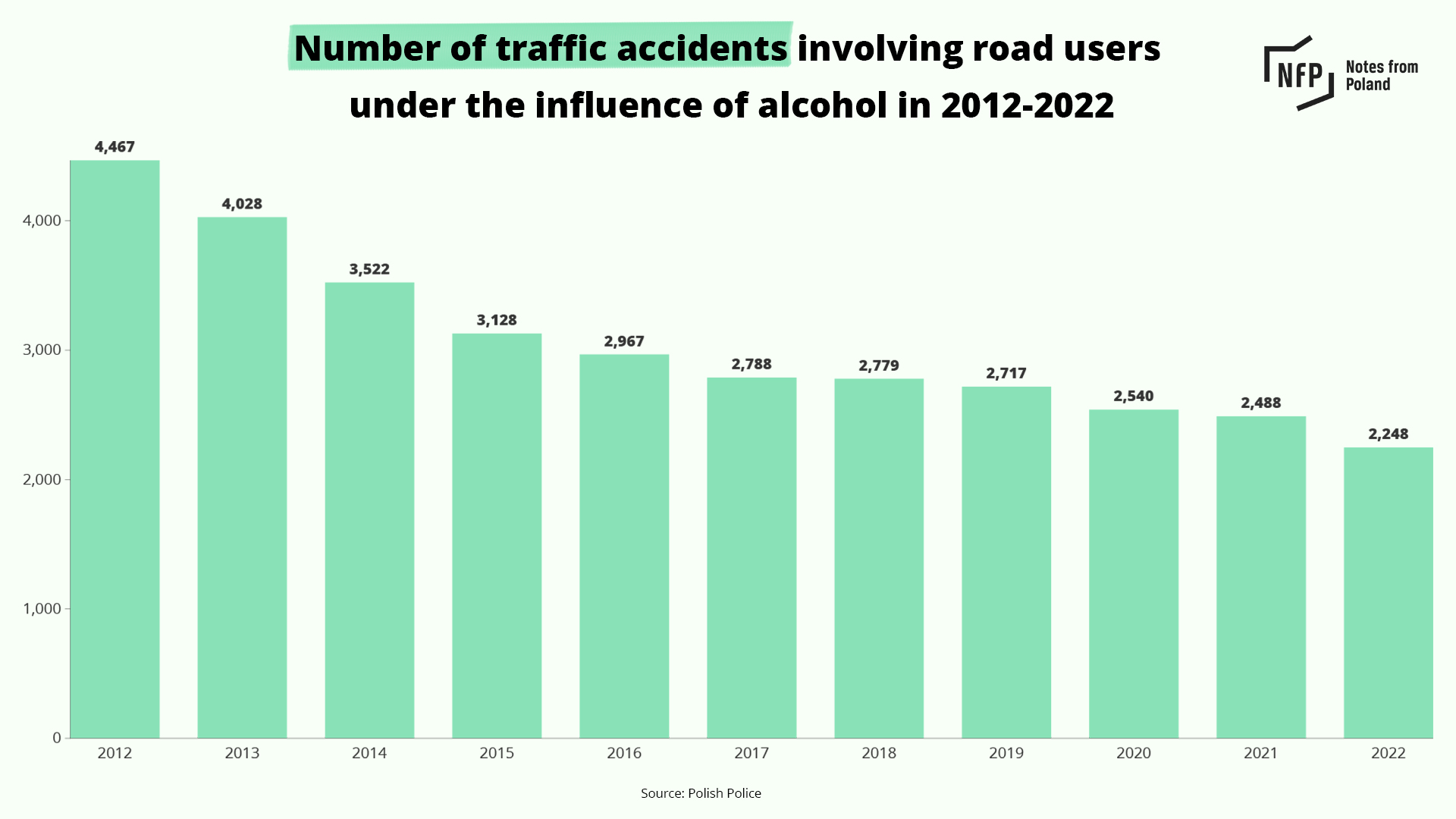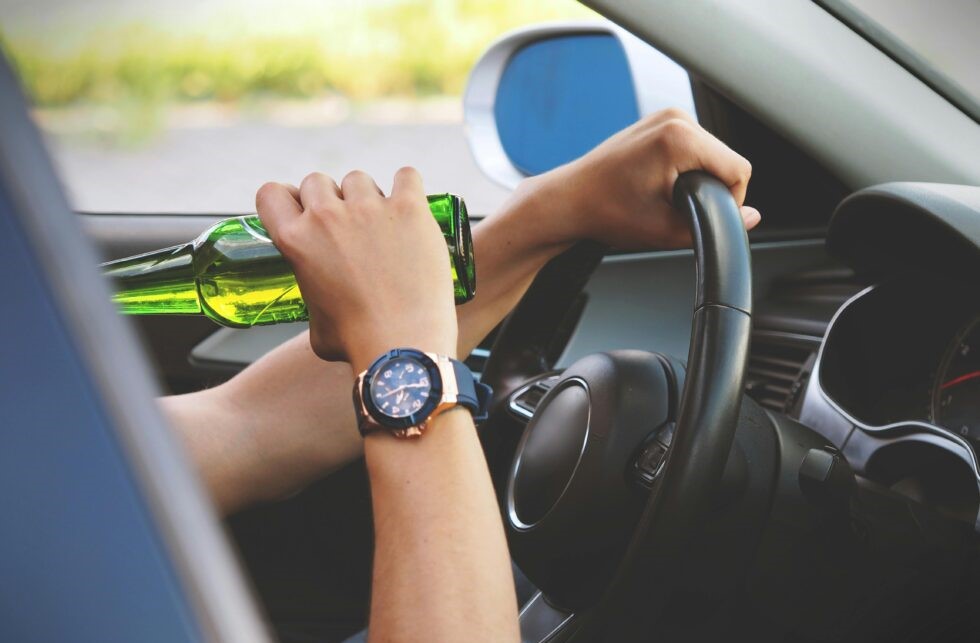A law automatically imposing a lifetime driving ban on repeat drink-driving offenders is unconstitutional, Poland’s constitutional court has ruled. Its judges found that the measures unjustly restrict the discretion of courts to decide on a punishment for a crime.
The ruling stemmed from a complaint filed in 2020 by a man who was caught drink-driving after having previously been convicted for the same offence. He was given a lifetime driving ban, as required under the law for repeat offenders.
He asked the Constitutional Tribunal (TK) to rule on the issue, arguing that the provision under which he was convicted, requiring courts to impose only one possible punishment, violates the principle of separation of powers by “depriving the court of its ability to make a free decision”, reported the Rzeczpospolita daily.
The TK agreed with his argument, finding that the legislature had significantly limited the adjudicating court’s discretion to assess the penal measure.
Trybunał Konstytucyjny ogłosił bardzo ważne dla kierowców orzeczenie dotyczące dożywotniego zakazu prowadzenia wszelkich pojazdów mechanicznych za jazdę po alkoholu, orzekanego obligatoryjnie przez sądy https://t.co/dPvm5vP7SA
— Rzeczpospolita Prawo (@RPPrawo) June 4, 2024
“The legislator, taking over the competences of the judiciary, defined in advance what sanction was to be imposed in the event of the circumstances specified in the provision,” wrote judge Justyn Piskorski in the TK’s justification.
Thus, courts were prevented from adapting the punishment to the violation and to the consequences of the committed act, disregarding that the court has the right to discretionary assessment and judgment, argued the TK
This, found the court, violated article 45 of Poland’s constitution, which guarantees the right to a fair trial before an independent court.
The TK also argued that placing “emphasis on the ‘deterrent’ function of criminal law is characteristic of non-democratic states, while in a democratic state ruled by law it may be treated as an additional reason, not the main reason for the operation of the justice system”.
People caught drink driving in Poland can now have their cars confiscated by the state under a new law that came into force yesterday.
The first offender eligible for seizure was caught at 2 a.m. on Thursday, two hours after the new system began https://t.co/VVDEmxLNm3
— Notes from Poland 🇵🇱 (@notesfrompoland) March 15, 2024
This year, new laws came into force providing for the confiscation of cars from drink drivers. But some experts have questioned the constitutionality of those measures, which were proposed and approved under the previous government.
The current government, which has been in power since December, has pledged to amend the law to allow the courts more leeway to decide on the measure. Justice minister Adam Bodnar said in April that a draft amendment relaxing the regulations had been sent to the government for legislative work.
Police data show that the number of accidents in Poland involving road users (drivers, cyclists and pedestrians) under the influence of alcohol has been gradually decreasing in recent years.
In 2022, the number of such incidents (2,248) was half what it had been a decade earlier (4,467). In 2022, 268 people were killed in such incidents (14.1% of total road fatalities) and 2,567 people were injured (10.4% of the total number of injured), according to police data.


Notes from Poland is run by a small editorial team and published by an independent, non-profit foundation that is funded through donations from our readers. We cannot do what we do without your support.
Main image credit: energepic.com / Pexels

Alicja Ptak is deputy editor-in-chief of Notes from Poland and a multimedia journalist. She has written for Clean Energy Wire and The Times, and she hosts her own podcast, The Warsaw Wire, on Poland’s economy and energy sector. She previously worked for Reuters.



















